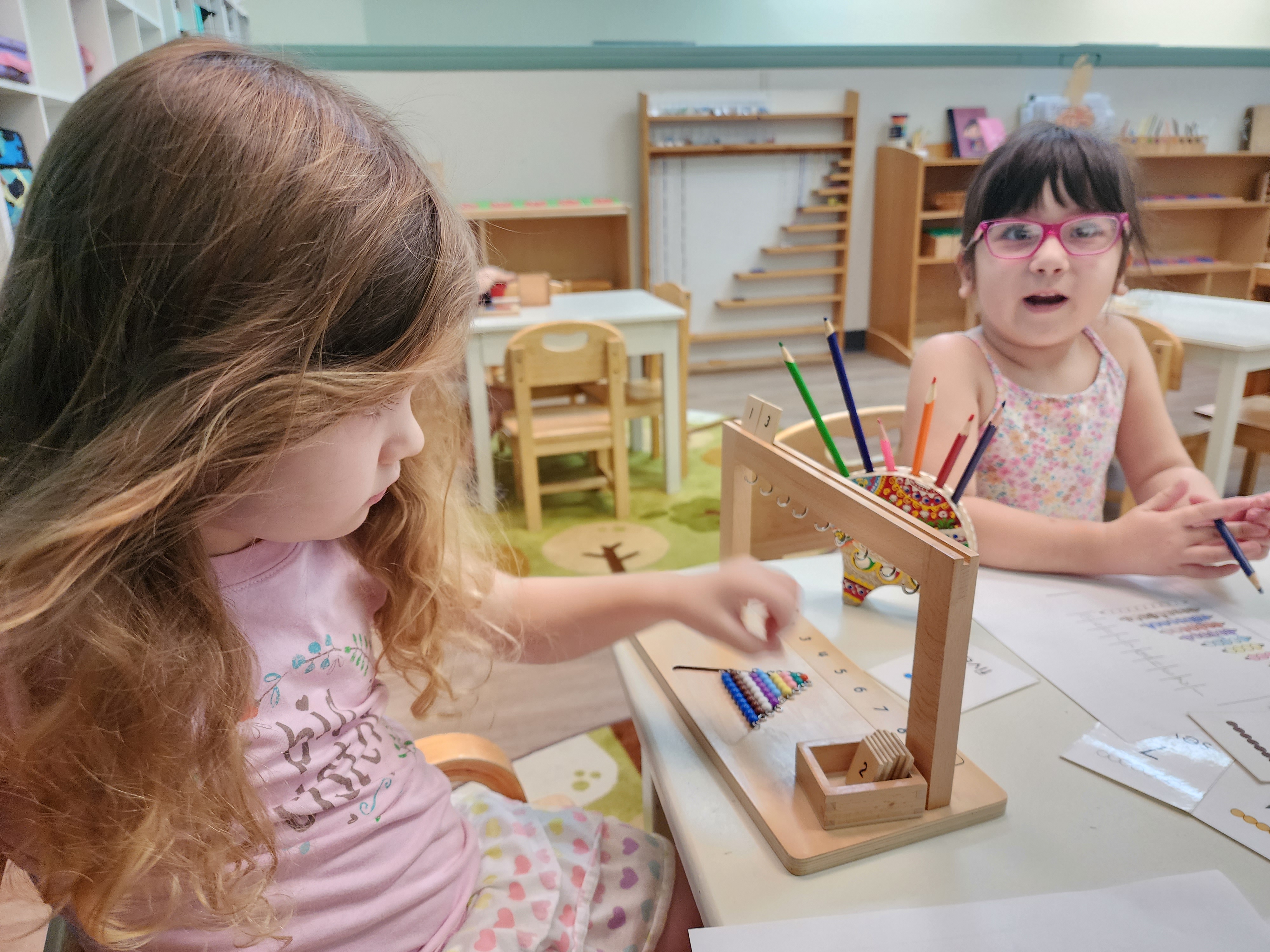
Bilingualism is a valuable skill that can open up a world of opportunities for individuals. Being able to speak more than one language fluently can provide cognitive, social, and economic benefits. One effective way of fostering bilingualism is through dual immersion programs, which have gained popularity in recent years. These programs aim to provide students with the opportunity to become proficient in two languages by integrating instruction in both languages throughout the school day.
Dual immersion programs typically involve a mix of native English speakers and native speakers of another language. The goal is for students to develop proficiency in both languages, as well as an appreciation for different cultures. By being exposed to both languages on a daily basis, students are able to deepen their understanding of language structure, vocabulary, and cultural nuances. This immersive approach to language learning has been proven to be highly effective in helping students achieve bilingualism.
One of the key benefits of dual immersion programs is the cognitive advantages that bilingual individuals often experience. Research has shown that bilingualism can enhance cognitive functions such as problem-solving, multitasking, and decision-making. This is because bilingual individuals are constantly switching between two languages, which exercises their brain in ways that monolingual individuals do not experience. By participating in a dual immersion program, students can develop these cognitive skills from a young age, setting them up for success in both academic and professional settings.
In addition to cognitive benefits, dual immersion programs also promote social and cultural awareness. By learning a second language, students are able to communicate with a wider range of people and gain a deeper understanding of different cultures. This can help promote empathy, tolerance, and respect for diversity. In today's globalized world, being able to interact with individuals from different linguistic and cultural backgrounds is a valuable skill that can lead to greater personal and professional opportunities.
Furthermore, bilingualism has been linked to economic advantages. Bilingual individuals are often sought after in the workforce, as they can communicate with a broader range of clients and customers. In industries such as business, healthcare, and education, being bilingual can give individuals a competitive edge. By participating in a dual immersion program and becoming proficient in two languages, students can increase their future earning potential and open up a wider range of career opportunities.
Despite the numerous benefits of dual immersion programs, there are also some challenges to consider. Implementing and sustaining these programs can require significant resources, including hiring bilingual teachers, developing dual-language curriculum, and providing ongoing professional development. Additionally, ensuring that all students have equal access to dual immersion programs, regardless of their language background, can be a logistical challenge for schools and districts.
However, the long-term benefits of dual immersion programs far outweigh these challenges. By investing in bilingual education, schools and communities can help prepare students for success in an increasingly diverse and interconnected world. Through dual immersion programs, students have the opportunity to unlock the power of bilingualism and reap the cognitive, social, and economic benefits that come with being proficient in more than one language.
In conclusion, dual immersion programs are a valuable educational tool for fostering bilingualism and promoting cultural understanding. By integrating instruction in two languages, these programs provide students with the opportunity to develop proficiency in both languages, as well as a deeper appreciation for different cultures. Through dual immersion programs, students can unlock the many benefits of bilingualism, including cognitive advantages, social awareness, and economic opportunities. Investing in dual immersion programs is an investment in the future success of students and the communities in which they live. By embracing bilingual education, we can help prepare the next generation for a globalized world where language skills and cultural competence are more important than ever.